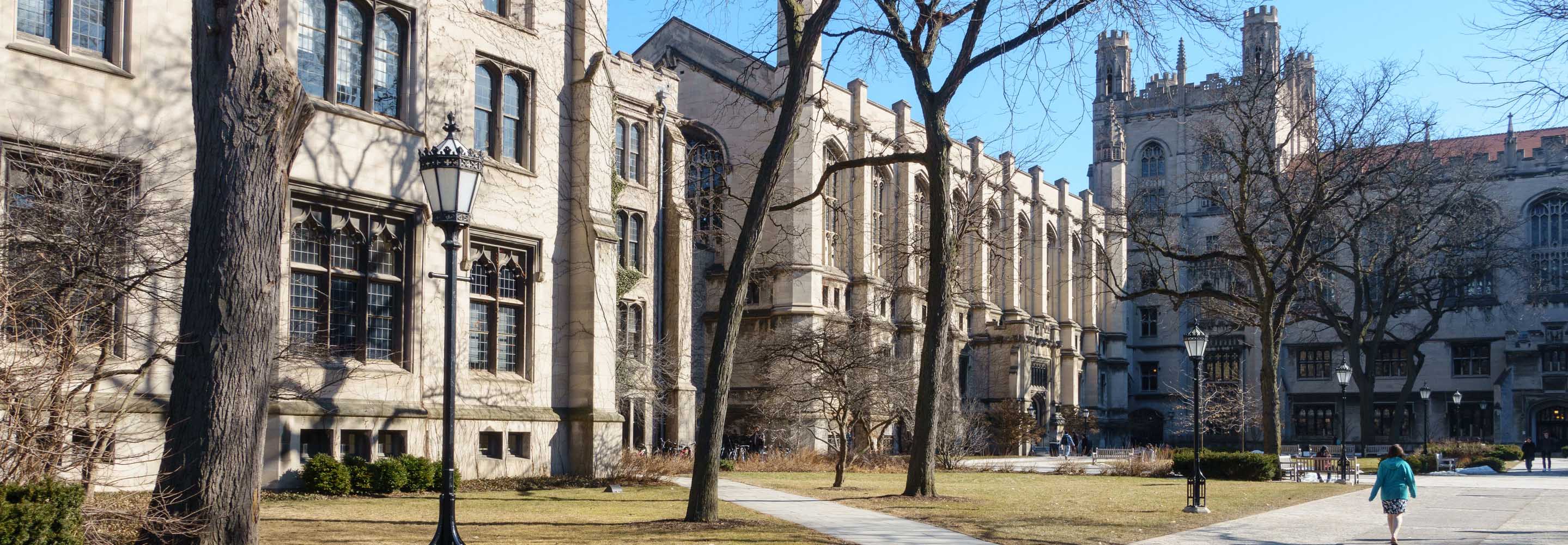Short of buying a home, the investment many parents make towards their children's college educations will be the largest they make in their lives. As long as you have a strategy to pay for college and control what you can control, you have a high probability of success.

College Admissions & Financial Aid Services
HELPING FAMILIES THROUGH THE MINEFIELD OF COLLEGE ADMISSIONS AND FINANCIAL AID

College Family Care Center
The College Family Care Center, available exclusively through Hinojosa and Associates - in collaboration with Collegiate Funding Solutions - offers a premier college admissions service called Your College List and financial aid service called FAFSAssist. These services are crucial to the overall college-planning process and combined with our college-planning service will help ensure your child goes to the RIGHT college, for the RIGHT reasons and at the RIGHT price for your finances!.- Review Service Options
- Review Frequently Asked Questions
- CONTACT Hector Hinojosa, CFP at Hinojosa and Associates to get started!
hectorcfp@gmail.com
Service Options
FAQs
-
1. Why should we enroll with the College Family Care Center?
-
2. Why should I pay for the services when my student goes to a school with a guidance counselor that helps them do the same things?Many people are expecting the guidance office to do all of the things that Your College List and FAFSAssist will do. However, before assuming they will, ask your child's guidance counselor if: They are going to help the student decide which careers they are best suited for They are going to work on a college list that takes into consideration the way the student learns and his or her personality They are going to find research colleges that offer majors of interest that will lead to employment They are going to educate you on acceptable graduation and retention rates They are going to tell you, on balance, which colleges or universities will give your child the best educational value They are going to find the best academic, social and financial fit They know which colleges have large numbers of graduates that are accepted to medical/law school They are going to help them gather, organize and complete the financial aid applications They are going to evaluate each offer of admission's merit and need based financial aid awards for fairness They are going to advise you on how to present your family and financial information so you don't lose out on possible financial aid They are going to follow up on the FAFSA They are going to make sure your tax returns are submitted to the college (if required) They are going to be your advocate when something goes wrong (and something always goes wrong) They are going to tell you whether or not your student received a fair finanical aid award They are going to help you appeal a bad financial aid decision They are going to help you leverage one financial aid award to get a better one at the college your child really wants to attend
If the guidance counselor does all that, then no, you don't need the services of the Client Care Center.
-
3. Won't our "free" school guidance counselor help our family achive the same outcome and peace of mind as this "fee" service?
Let’s start with the core issue: Guidance counselors are completely overloaded. And all schools have guidance counselors but they can't do the same things as a private counselor. During the academic year, guidance counselors spend, on average only 35 minutes with a college bound student. The recommended ratio is 250 to 1, but only four states (Louisiana, New Hampshire, Vermont and Wyoming) actually meet this guideline.
-
4. I make too much money and won't qualify for financial aid. Why should I fill out and submit the FAFSA or CSS Profile?
Many families with six figure incomes are surprised to learn they too can qualify for financial aid. The financial aid office at Dartmouth College, and anyone associated with financial aid will tell you that every family, regardless of income, should apply. In addition merit based scholarships and grants that are given out independent of financial status are often contingent on filing financial aid forms. Likewise with the Stafford and PLUS loan programs which are often excellent loan strategies for the more affluent clients.
-
5. What is considered a successful outcome for our family?
Your child attends the right college for the right reasons and at the right price.
-
6. Can you guarantee that my student will receive financial aid?
It is unethical to promote these kinds of guarantees, as it is impossible to know what a college will offer a student. The best we can offer is to use our many years of experience and expertise to ensure that the financial aid process is accurately and timely completed in order to maximize the student's aid eligibility.
-
7. Couldn't we just do all of this ourselves?
Absolutely. Just so long as you're willing to become an expert on the admissions process and it's impact on financial aid, as well as the thousands of pages of rules and regulations required to take full advantage of the process. Each family is unique and it takes an experienced financial aid specialist to know how to advise the family.
-
8. Why do high schools and colleges discourage parents from paying someone to fill out a free form, such as the FAFSA?
There are several reasons. First, there is no charge for completing the FAFSA. The idea that you shouldn't pay someone to complete the FAFSA for you came from companies that preyed on unsuspecting parents with guarantees of free money. These are the 'scholarship scams' that you've been warned about. No one can promise you that your client's student will be guaranteed of anything. We agree that these scholarship scams and companies that offer free money for a fee is a complete waste of money and a rip-off.
-
9. I've seen posters at my high school that reads '8 easy steps to get financial aid'. Why do they say that if it isn't true?
It’s just good marketing. Lots of food products make all sorts of health claims on their packages; like how their snack cakes are low in fat or their yogurt promotes better digestion. But the ingredients aren’t healthy because they are loaded with sugar which contributes to Type II Diabetes!
Ask any parent who has gone through the process of applying for financial aid and paying the rest with loans or income and assets will likely tell you that applying for free money is anything but easy.
Something that isn't addressed by guidance counselors and financial aid directors is that there is no charge to file your own taxes. You can fill out the 1040 for free. However, many taxpayers choose to purchase tax return software, hire a tax service or accountant/CPA. Why is that? Because the tax laws are confusing and it's to your benefit to get professional help so you don't pay a penny more in taxes than you have to. Same idea with admissions and financial aid. -
10. Can't the colleges help my family?
The smaller colleges (under 2,000 students) are more likely to help with the forms than larger schools. If you go that route, in essence, you are showing the school all of your cards, which could cost you a lot of money.
Look at it from this perspective: colleges can't serve two masters. They're looking to protect their interests first and foremost and help your family second. To maximize the financial aid potential at any college, you need to know what they know while telling them as little as possible. -
11. How does the Family Care Center help?
Parents today are really busy. We act as their personal admissions counselor and financial aid advocate, as well as administrator of all of the paperwork involved. The current FAFSA has 202 entries, while the federal 1040 has a mere 76 by comparison. However, the CFS Client Care Center is not about filling in forms. It's about the entire financial aid process which includes some key elements: making sure the family’s financial data is presented in the best possible light, that all of their information is consistent so as not to draw questions that they may not be prepared to answer in a way that is not in their best interest, updating their tax information, evaluating their student's financial aid awards for fairness and advising them what to do if the award is less than expected.
-
12. What are some of the problems that parents experience?
Like anything else, there can be difficulties. The CFS Client Care Center is intended for the active parent who doesn't have time to squeeze one more thing into their already hectic schedule. Problems that parents encounter are data mismatches, errors on forms, including financial information that should have been left out, etc. Our Client Care Center professionals have years of experience and are experts at dealing with the many issues and problems so that your clients don't have to spend hours figuring out what went wrong.
-
13. I've heard colleges will negotiate or give discounts on tuition. Is this true?
Colleges will deny that they "negotiate" with parents, but the fact is that if the school wants your student, they may sweeten their initial aid offer during the appeals process. Odds of receiving a preferential financial aid award are improved if the school really wants the student because of a special skill, talent or scholastic achievement.
-
14. How does the College Family Care Center interface with us?
Your College List begins with interviews of both parent and student. This is followed by a review of what the student has done to prepare for college and then assessments assigned. Then a college list based on their grades, test scores, high school transcript, personality and potential careers, affordability are brought to bear to curate a targeted list of colleges.
Parents are provided their own secure, web-based interface. All of the information that will be used to complete your student's aid forms is available to you 24/7.
For each of the student's colleges, we will advise you of any additional requirements and forms, assist with the Early Decision/Early Action process, as well as their deadlines, etc.
We follow up with you if there are steps that are required before we can proceed with the financial aid process, first by email, then by telephone. -
15. How long does the service last?
The service begins when the student is enrolled with the College Family Care Center until the time they enter college.
-
16. Is there a discount for additional children in the family?
The short answer is no. The work for each student in the family is unique to them and so the work can't be duplicated. We have priced our services so as to be affordable to as many families as possible while maintaining the highest standard of client care.
-
17. Do we have to have use the service through the college years?
Since the student has to reapply for financial aid each year that they are in school, we highly recommended that the family continue with the Client Care Center to ensure that their aid is properly renewed. Rules, regulations, policies, and even the forms change each year.

